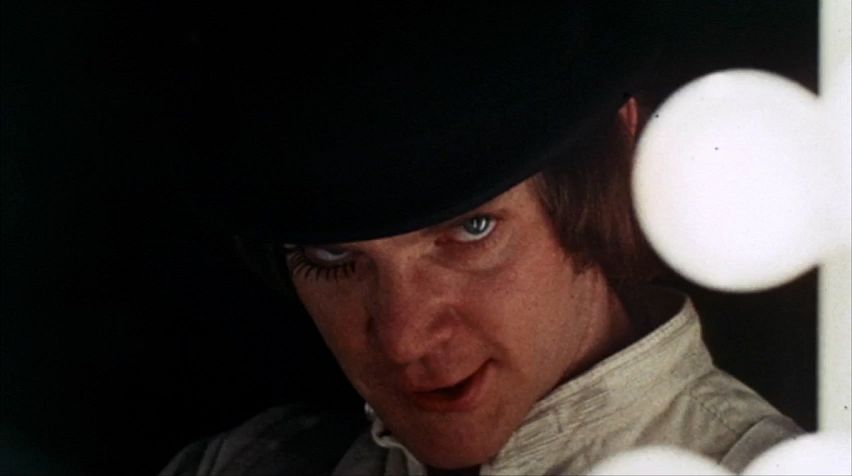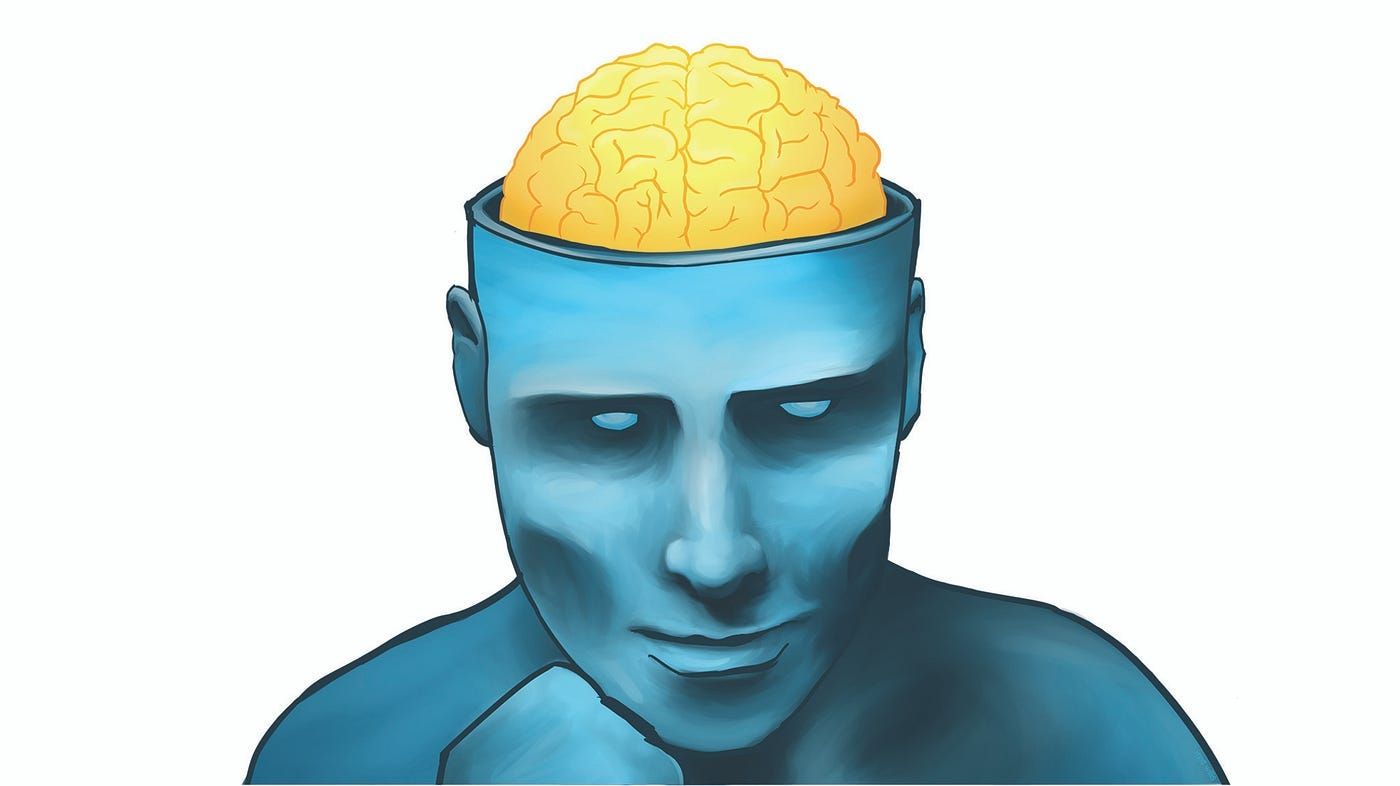
The human mind, in its intricate complexity, has always been a source of endless fascination for storytellers across all media. From the dawn of cinema, filmmakers have delved into its darkest corners, exploring the myriad of psychological disorders that can warp perception and behavior. Among these, the concept of psychopathy holds a particularly chilling allure, often misunderstood but undeniably captivating for audiences worldwide.
However, the cinematic portrayal of psychopaths has frequently veered into caricature, leaning on exaggerated villainy rather than clinical accuracy. Think of the giggling mad scientists or the one-dimensional slasher villains; while iconic in their own right, they often miss the nuanced, terrifying reality of psychopathy. Yet, a select few performances have managed to cut through the sensationalism, delivering characters so disturbingly real that they leave an indelible mark on our collective psyche.
As dedicated cinephiles, we’re embarking on a deep dive into the most compelling and, crucially, the most *convincing* psychopaths ever to grace the silver screen. These aren’t just scary monsters; these are chilling reflections of a profound lack of empathy, characters whose calculated cruelty or chilling detachment have resonated with audiences and, in some cases, even earned the nod of real-world psychological experts. Get ready to explore the darkest minds in film history, as we break down what makes these portrayals so unsettlingly authentic.
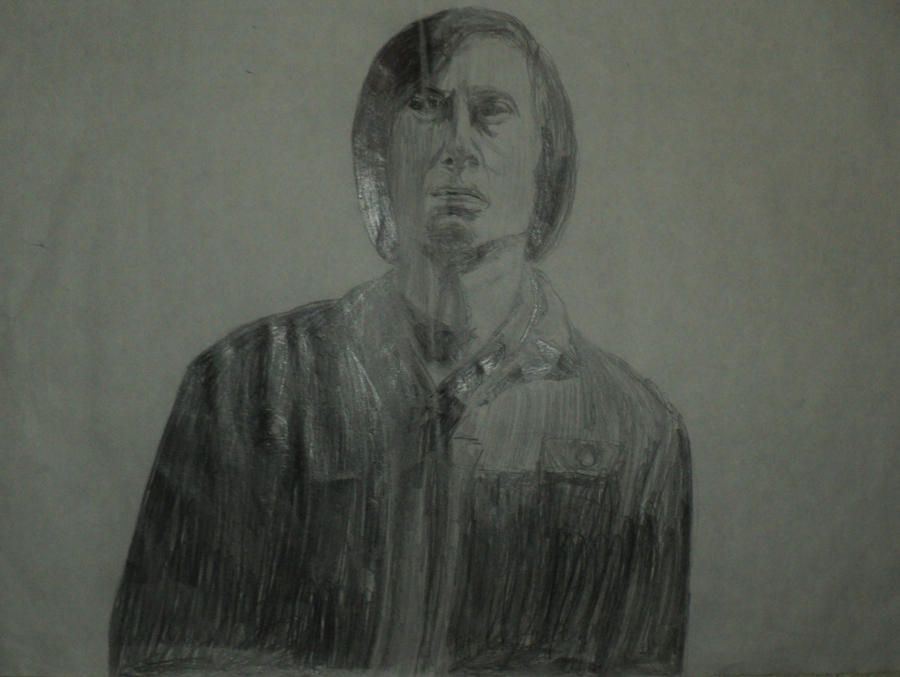
1. **Javier Bardem as Anton Chigurh in *No Country for Old Men***
For the top spot, a character so profoundly unsettling he seems to defy human categorization, we have Anton Chigurh, chillingly brought to life by Javier Bardem in the Coen Brothers’ 2007 masterpiece, *No Country for Old Men*. This is not just a fan favorite; Chigurh has the unique distinction of being voted the “most realistic psychopath ever” by a team of psychologists. His portrayal transcends mere villainy, becoming an almost elemental force of nature.
What makes Chigurh so terrifyingly convincing is his absolute lack of remorse or empathy, as he goes about his “steely business.” He treats murder with a “chilling sense of normalcy,” happily emptying his pistol without a flicker of emotion. The expert team noted this precise detail, stating, “He seems to be effectively invulnerable and resistant to any form of emotion or humanity.” Bardem’s performance captures this perfectly, from his deadpan eyes “void of any emotions” to the pale complexion that suggests a creature “from another world.”
Bardem himself articulated the essence of Chigurh, calling him “a guy of his word, in a way, and a symbol, a violent fate that you have called for, the genie out of the lamp.” He saw Chigurh not as someone to like, but as a representation of violence itself – “when violence shows up, it’s impossible to destroy, it only creates misery and pain and doesn’t get you anywhere.” This deep understanding of the character’s symbolic weight, combined with his utterly emotionless execution of violence, cements Anton Chigurh as the gold standard for cinematic psychopathy.
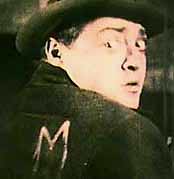
2. **Peter Lorre as Hans Beckert in *M***
Journeying back to 1931, we encounter one of cinema’s earliest and most profoundly accurate depictions of a psychopathic killer: Hans Beckert, portrayed with unsettling nuance by Peter Lorre in Fritz Lang’s German masterpiece, *M*. This film plunges into the chaos that engulfs a city desperately searching for a child serial killer, and Lorre’s performance remains incredibly relevant even today.
The expert team, consisting of Belgian psychiatry professor Samuel Leistedt and his colleagues, gave Peter Lorre’s performance an “honourable mention,” specifically noting its accuracy as a portrayal of a child predator. Unlike the caricatured villains of later decades, Beckert is not driven by theatrical sadism or bizarre mannerisms. Instead, his horror lies in his elusive nature and the deep societal fear he evokes.
*M* shows the public, the police, and even the criminals all attempting to find the killer, each inadvertently hindering the others, allowing Beckert to repeatedly slip away. This complex societal response to an “almost invisible killer” highlights the insidious nature of such a character, making Lorre’s performance a foundational benchmark for realistic psychopathic portrayals in film, far removed from the unrealistic “genre villains” that would follow.

3. **Michael Rooker as Henry in *Henry: Portrait of a Serial Killer***
For a stark, unblinking look into the mind of a truly disturbing individual, Michael Rooker’s portrayal of the titular character in 1986’s *Henry: Portrait of a Serial Killer* stands as a chilling benchmark. This film is consistently cited by many as the “most realistic depiction, if not the best, of a real psychopath,” and its unflinching honesty is precisely what makes it so unnerving.
Leistedt’s team specifically praised Michael Rooker’s performance, noting that Henry’s “poor personal relationships and inability to plan ahead made him an idiopathic psychopath.” The film offers no commentary, no condemnation, and no attempt to deconstruct the reasons behind Henry’s murders; it simply presents them from the perspective of an “omniscient, non-visible bystander,” forcing the audience into the uncomfortable role of witness.
It’s not a horror movie in the traditional sense, but the scene depicting Henry and Otis slaughtering a family while video recording it, only to watch the tape later, is profoundly “gut-sickening and horrifying.” The film strips away any sensationalism, presenting a raw, unfiltered view of a killer driven by a chilling lack of empathy, a depiction so potent that it contributed to the MPAA revising its X rating to NC-17, signifying truly adult content.
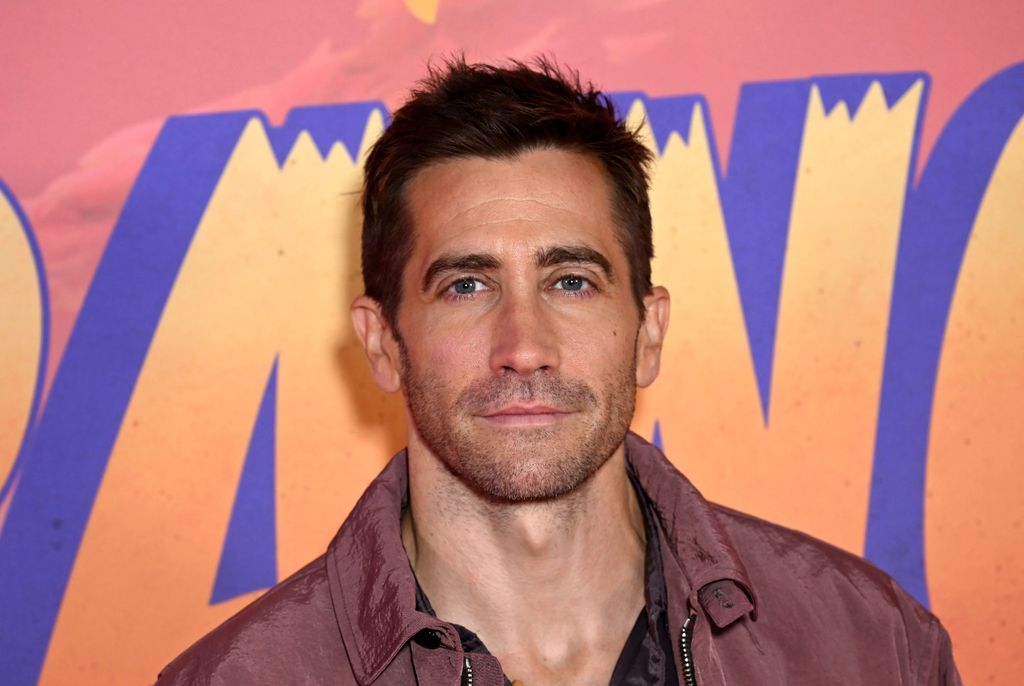
4. **Jake Gyllenhaal as Louis Bloom in *Nightcrawler***
In Dan Gilroy’s taut 2014 thriller, *Nightcrawler*, Jake Gyllenhaal delivers one of his most transformative and arguably greatest roles to date as Louis Bloom, a con man who stumbles into the dark world of freelance crime journalism. Bloom isn’t your typical axe-wielding maniac, but his chillingly calculated demeanor and relentless ambition paint a picture of deeply unsettling psychopathy.
Bloom’s defining characteristic is his “self-absorbed outlook,” which, as the text notes, “could toe the line into sociopathy, but either way, Gyllenhaal makes for a chillingly convincing psychopath actor.” He is utterly ruthless, allowing nothing and nobody to stand in his way, regardless of whether it compromises his own safety or, more disturbingly, the safety of others. He manipulates crime scenes, exploits tragedies, and discards human connections with startling efficiency, all in pursuit of the perfect news footage.
The film serves as a dark, noir-tinged satire on media ethics, but at its heart is Gyllenhaal’s captivating portrayal of a man who lacks any moral compass, driven solely by a predatory craving for success. His calm, almost robotic delivery of corporate-speak, even as he commits morally reprehensible acts, underscores the high-functioning, intelligent side of psychopathy, making Bloom a truly modern and terrifying cinematic villain.
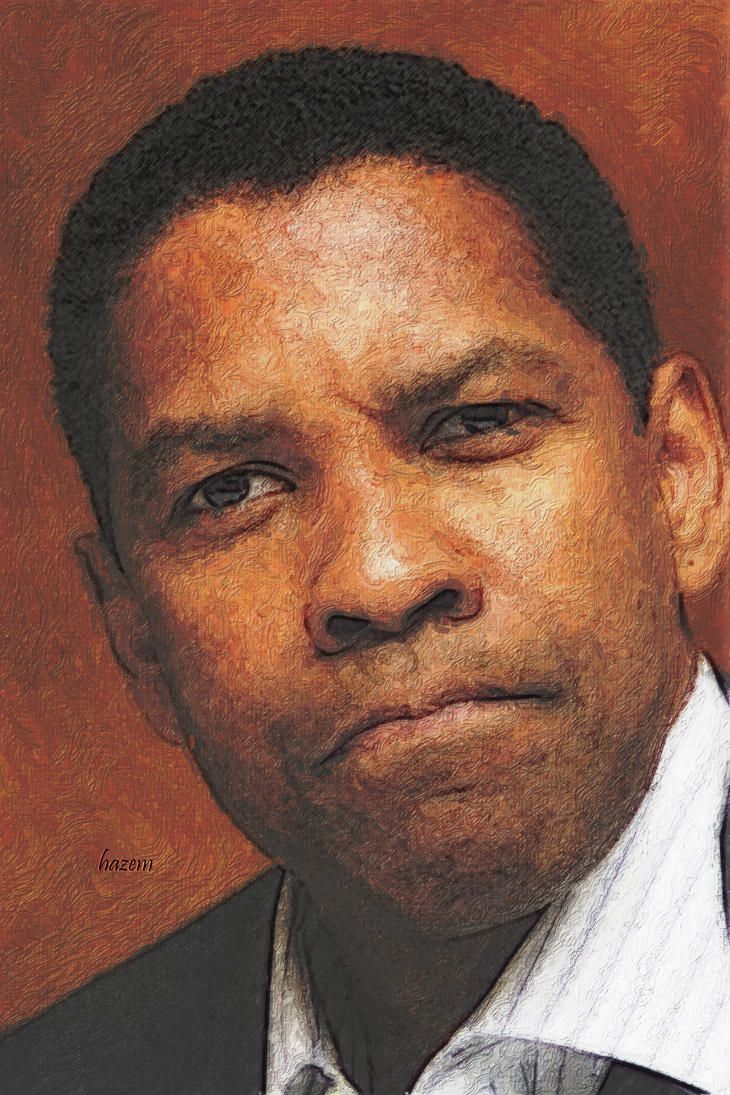
5. **Denzel Washington as Alonzo Harris in *Training Day***
Denzel Washington, a powerhouse actor with multiple Oscars and Golden Globes to his name, delivered what he reportedly considered his all-time favorite character to play: Alonzo Harris, the corrupt “bad cop” from Antoine Fuqua’s 2001 film, *Training Day*. This performance isn’t just memorable; it’s a masterclass in portraying an “exemplary psychopath” who operates within the system, making his villainy all the more insidious.
Harris quickly reveals his true colors to the naive junior police officer Jake Hoyt (Ethan Hawke), shedding his facade to expose an outright criminal. His psychopathic traits are laid bare: he is described as “charming, manipulative, and emotionally inept.” He uses his position of authority not to uphold justice but to exert control, indulge in illegal activities, and exploit those around him, all while maintaining a disturbingly persuasive charisma.
Washington’s nuanced performance allows Harris to shift seamlessly from a compelling mentor figure to a menacing, unpredictable predator, showcasing the manipulative prowess often associated with psychopathy. The depth of his corruption, combined with his utter lack of remorse for his actions and the psychological torment he inflicts on Hoyt, firmly establishes Alonzo Harris as one of the most convincing and chillingly realistic psychopaths in modern cinema.

6. **Sharon Stone as Catherine Tramell in *Basic Instinct***
In Paul Verhoeven’s 1992 thriller *Basic Instinct*, Sharon Stone delivered an iconic performance as Catherine Tramell, a character who became her “claim to international fame” and stands as a definitive “primary female psychopath” in cinema. Often remembered for its provocative scenes, the film’s deeper psychological portrayal of Tramell is what truly cements her place on this list.
Tramell is a woman of immense intelligence and a “manipulative risk-taker,” whose life of “horror and crime is hidden behind a wall of deception.” The text highlights her “abnormal relationship with fear,” a common psychopathic trait where individuals have an “exceedingly high threshold for experiencing fear,” leading them to make “increasingly risky and irrational moves to get their kicks.” Stone embodies this with a captivating blend of allure and danger.
While she may not exhibit the overtly violent outbreaks seen in some male psychopaths on this list, Tramell’s calm, calculating nature, her boldness, confidence, and icy apathy make her “among the best movie psychopaths.” Her primary leverage might be her sexuality, a cliché the text acknowledges for female psychopathic characters, but her sheer control and the psychological games she plays underscore a chillingly authentic psychopathic mind, making *Basic Instinct* a compelling, albeit guilty, pleasure.

7. **Ezra Miller as Kevin in *We Need to Talk About Kevin***
*We Need to Talk About Kevin*, the chilling film adaptation of Lionel Shriver’s 2003 novel, introduces us to one of the most disturbing and innately psychopathic characters in recent memory: Kevin, portrayed with unsettling precision by Ezra Miller. This film grapples with the terrifying question of nature versus nurture, exploring psychopathy as something that can reveal itself “from the early stages of childhood.”
Kevin is depicted as a “devious child” whose chilling actions culminate in a horrific school massacre. The film meticulously flashes back through his childhood, seen through the anguished eyes of his mother, Eva Khatchadourian (Tilda Swinton), as she grapples with whether she is “in any way to blame for her son’s actions.” This narrative structure amplifies the horror, forcing viewers to confront the unsettling possibility of inherent malevolence.
What makes Kevin so convincing is his subtle, yet pervasive, cruelty, his cold indifference to the suffering he inflicts, and his profound lack of emotional connection, even to his own family. Unlike sociopaths, who might become numb to emotion after trauma, Kevin’s psychopathy is presented as an intrinsic part of his being, a terrifying anomaly from birth. Miller’s performance masterfully conveys this innate emptiness, making Kevin a deeply disturbing and unforgettable portrayal of a young psychopath.
As we continue our exploration of cinema’s darkest minds, we delve deeper into more unforgettable portrayals, each one a chilling testament to the diverse and terrifying spectrum of psychopathy on screen. From the quiet malevolence lurking beneath a seemingly normal facade to the overt displays of calculated cruelty, these characters have cemented their place in film history by making us truly believe in their chilling authenticity. Get ready to confront the depths of human darkness as we unveil more of the most convincing psychopaths in cinema, continuing our countdown from the masterful seven we’ve already dissected.

8. **Jack Torrance in *The Shining***
Stanley Kubrick’s iconic horror masterpiece, *The Shining*, delivers not just scares but a profound psychological study of a man’s descent into madness, embodied by Jack Nicholson’s unforgettable portrayal of Jack Torrance. The film adeptly blurs the lines between a classic haunting and the terrifying unraveling of a mind, presenting Torrance as a figure increasingly consumed by his inner demons. While the film can be seen through the lens of supernatural forces at the Overlook Hotel, it is Torrance’s profound psychological breakdown that truly anchors its horror.
His transformation into a ‘psychotic maniac bent on killing his son and wife’ is a harrowing journey, fueled by writer’s block and the eerie influence of the hotel’s dark past. This portrayal perfectly aligns with the broader understanding of psychopathy as an umbrella term, encompassing various severe psychological disorders that lead to harmful behavior and a chilling lack of empathy. Nicholson’s performance is a masterclass in conveying a mind slowly succumbing to its darkest impulses, making Jack Torrance a truly convincing and deeply unsettling cinematic ‘psychopath’ in the broader sense of the term.
9. **Alex DeLarge in *A Clockwork Orange***
Stanley Kubrick’s *A Clockwork Orange* introduces us to Alex DeLarge, portrayed with audacious brilliance by Malcolm McDowell, a character who embodies pure, unadulterated amorality and a chilling disregard for societal norms. Alex is not just a criminal; he is a ‘loathsome criminal’ who finds perverse joy in ‘rampages, rapes women, and exhibits disturbing traits’ with his gang of ‘droogs.’ His psychopathy is overt, expressed through his ultraviolence and his articulate, almost philosophical justifications for his atrocious acts.
The film’s exploration of Alex’s ‘cure’ through the Ludovico technique only further highlights his innate depravity, as even after extreme conditioning, the underlying capacity for malevolence feels ingrained. McDowell’s charismatic yet terrifying performance captures a psychopathic individual who views the world as his playground for gratification, entirely devoid of empathy or remorse for the misery he inflicts. He stands as a definitive figure in the genre, symbolizing society’s complicity in creating the very criminals it struggles to contain.
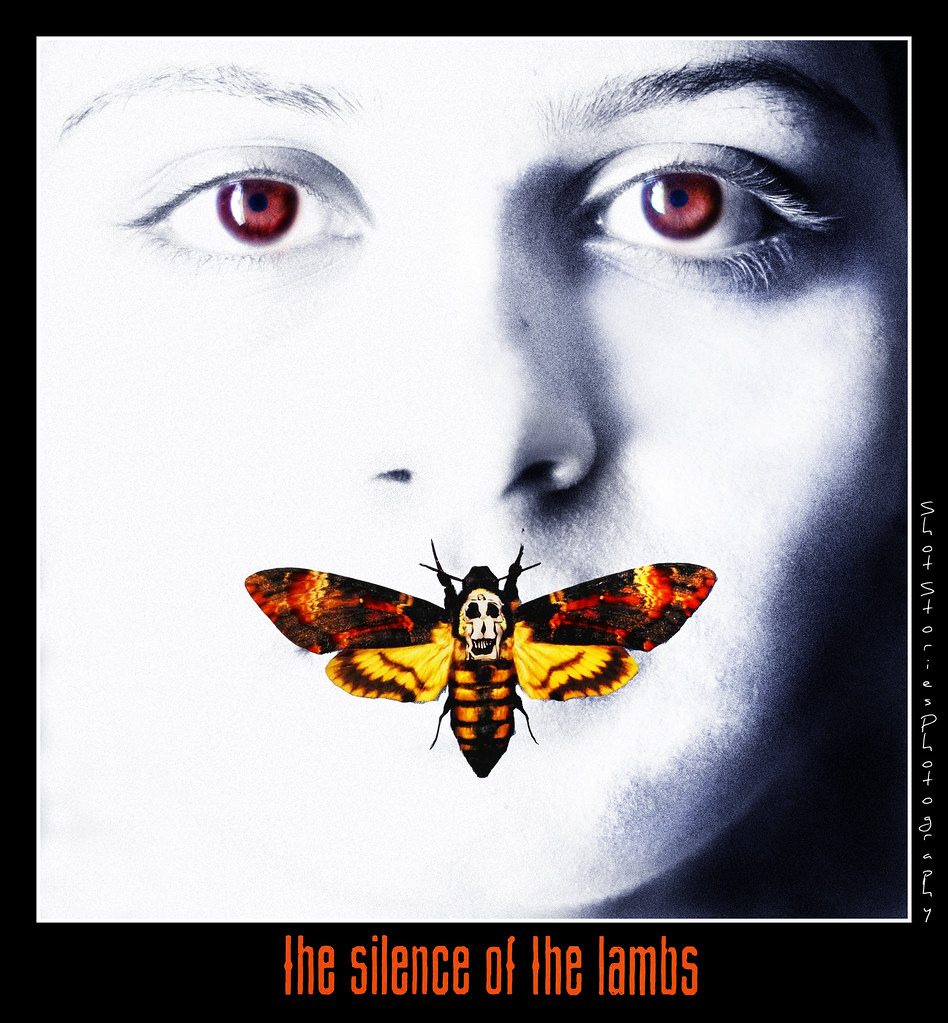
10. **Hannibal Lecter and Buffalo Bill in *The Silence of the Lambs***
*The Silence of the Lambs* presents not one, but two chillingly convincing psychopaths: the enigmatic Dr. Hannibal Lecter, masterfully played by Anthony Hopkins, and the grotesque serial killer Jame Gumb, famously known as Buffalo Bill. While Lecter often steals the spotlight with his sophisticated demeanor and chilling intellect, the film explicitly labels both characters as ‘psychopaths,’ emphasizing their profound impact on audiences. Lecter, despite his limited screen time, captivated viewers with his manipulative prowess and unnerving calm, a true intellectual predator.
However, the film makes it clear that Buffalo Bill is equally, if not more, horrifying in his ‘antics and horrors,’ demonstrating the gruesome, visceral side of psychopathy. His disturbing methods, driven by a twisted desire for transformation, provide a stark contrast to Lecter’s cerebral menace. The interplay between these two distinct yet equally terrifying manifestations of psychopathy – one overtly violent, the other subtly manipulative – elevates *The Silence of the Lambs* beyond a mere thriller, cementing its status as a benchmark for exploring the darkest corners of the human psyche.
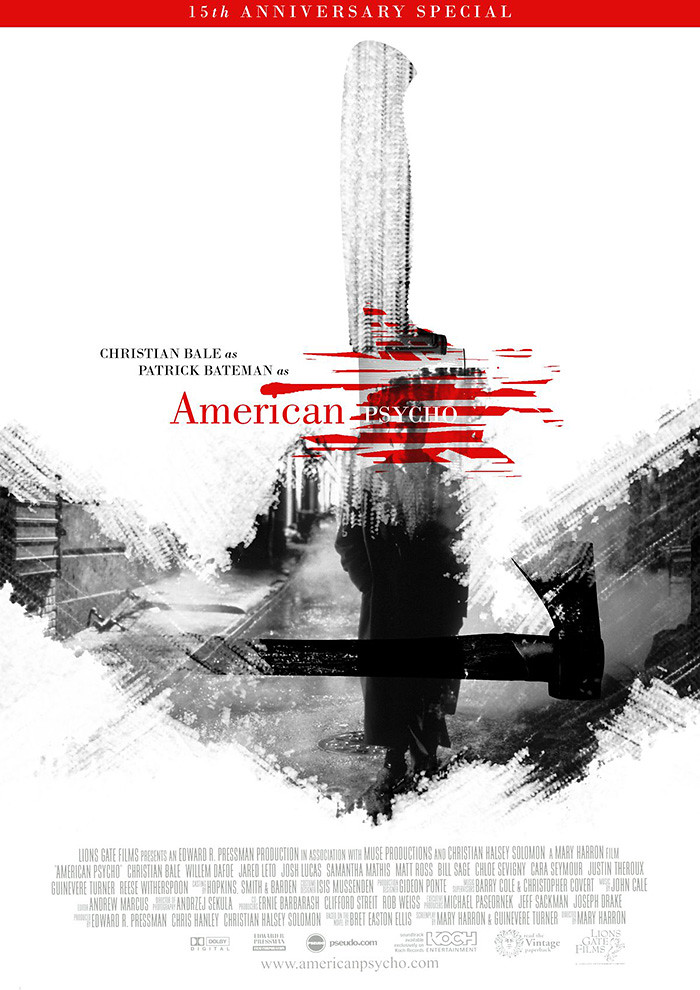
11. **Patrick Bateman in *American Psycho***
Christian Bale’s portrayal of Patrick Bateman in *American Psycho* offers a scathing critique of consumerism and a disturbingly accurate depiction of a high-functioning psychopath thriving within the superficiality of 1980s Wall Street. Bateman is presented as a ‘narcissist, ego-centric’ individual who has everything but still lacks something to boost his inner demons.’ His psychopathy is not born of trauma or an impoverished background, but rather appears inherent, manifested through his extreme self-obsession, deep-seated insecurity, and a chilling tendency to ‘measur[e] people with the level of vanities they possess.’
This film dares to explicitly depict the ‘increasingly graphic sexual violence’ that defines Bateman’s secret life, juxtaposing it with his meticulously curated public persona. Bale brilliantly captures the terrifying void beneath Bateman’s polished exterior, making his calculated acts of violence and manipulation all the more unsettling. *American Psycho* stands as a powerful, albeit controversial, exploration of psychopathy in an environment where superficiality and a lack of genuine connection create the perfect breeding ground for such a disturbed individual to flourish unnoticed.
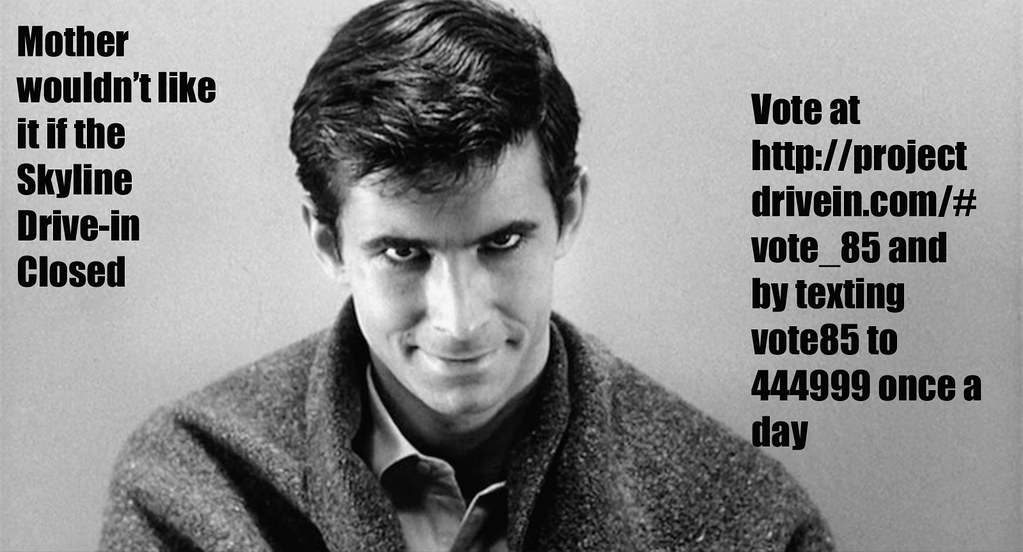
12. **Norman Bates in *Psycho***
Alfred Hitchcock’s *Psycho* remains an undisputed cornerstone of psychological horror, and at its heart is the iconic Norman Bates, a character so profoundly disturbing that he became synonymous with the term ‘psycho’ itself. Anthony Perkins’ performance as the ‘seemingly normal young owner of a motel’ gradually peels back layers of a deeply fractured psyche, revealing a disturbing duality. While the film leaves room for interpretation regarding the precise nature of his disorder, framing it as a ‘distinct delusional personality due to previous trauma,’ it unequivocally places him within the realm of the psychopathic.
Bates’s chilling devotion to his deceased mother, leading to murderous acts driven by her ‘disapproval’ of his attractions, unveils a new, terrifying facet of the human mind, unexplored on film before. *Psycho* not only brought ‘the creepiest inner demons of the human self’ to the screen but also established a ‘benchmark for psychopath movies,’ forever etching Norman Bates into the pantheon of cinema’s most convincing and influential disturbed characters. His quiet, unassuming exterior masked a monstrous interior that paved the way for countless psychological thrillers.
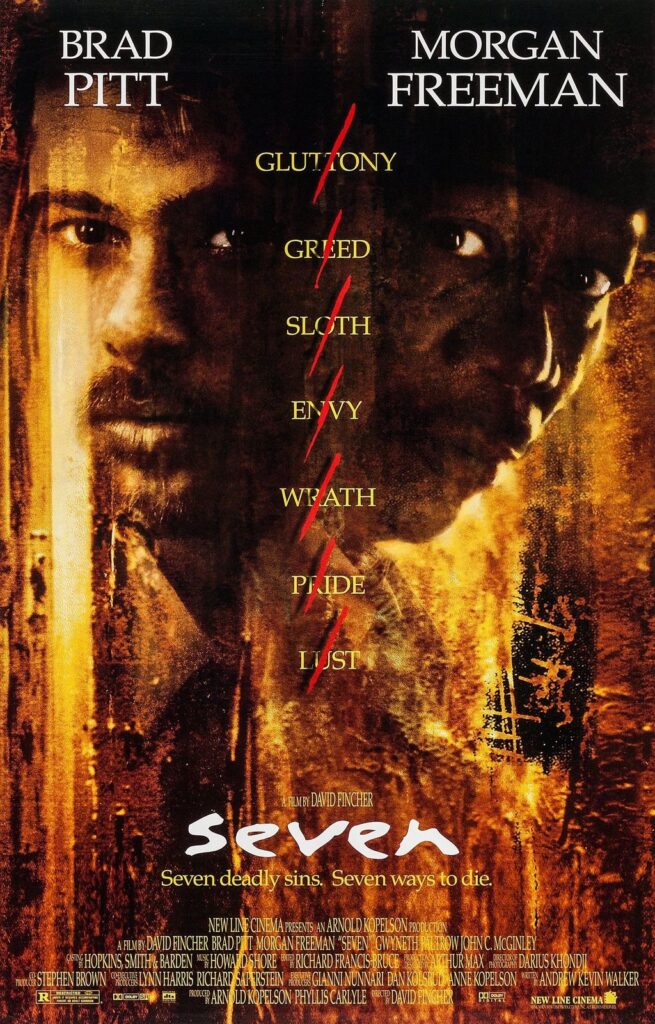
13. **John Doe in *Se7en***
David Fincher’s *Se7en* introduced audiences to John Doe, an unnerving serial killer whose calculated, religiously-motivated crimes made him a ‘textbook definition of a psychopath.’ What sets John Doe apart is not just the gruesome nature of his murders, but the meticulous, almost artistic, way he orchestrates them around the ‘seven cardinal sins.’ His actions transcend mere violence; they are philosophical statements, demonstrating a chilling sense of purpose and a profound lack of empathy that defines the extent of his psychopathy.’
Kevin Spacey’s portrayal of John Doe, particularly his ‘chilling performance’ characterized by an ‘eerie, calm, straight face’ even as he confesses to unimaginable horrors, solidifies his place as one of film’s most disturbing villains. He is a character who doesn’t just kill; he designs his murders to educate and punish, operating from a place of cold, unwavering conviction. John Doe’s terrifying logic and the sheer dreadfulness of his actions leave an indelible mark, making *Se7en* a benchmark for psychological thrillers featuring highly intelligent and deeply disturbed psychopaths.

14. **Travis Bickle in *Taxi Driver***
Martin Scorsese’s *Taxi Driver* delves into the tormented psyche of Travis Bickle, brought to life by Robert De Niro in a performance that has become legendary. While arguments persist about whether Bickle suffers from ‘psychosis or was only a vigilante,’ the film meticulously charts his ‘steady descent into psychosis,’ ultimately showcasing a man who transforms into a ‘madman’ driven by his perception of urban decay and moral filth. His isolation, coupled with his increasingly distorted view of reality, leads him down a path of extreme, self-appointed vigilantism.
The film, through Bickle’s diary entries, offers an intimate look into the fracturing of his mind, allowing the audience to ‘deconstruct Bickle’s character’ and understand the tragic origins of his violent impulses. Despite his increasingly dangerous and illegal actions, the film’s nuanced portrayal allows for a complex, even empathetic, understanding of his plight, making his transformation into a figure of violent retribution all the more compelling and unsettling. Travis Bickle remains a deeply significant and psychologically rich character study, a powerful exploration of a mind unhinged.
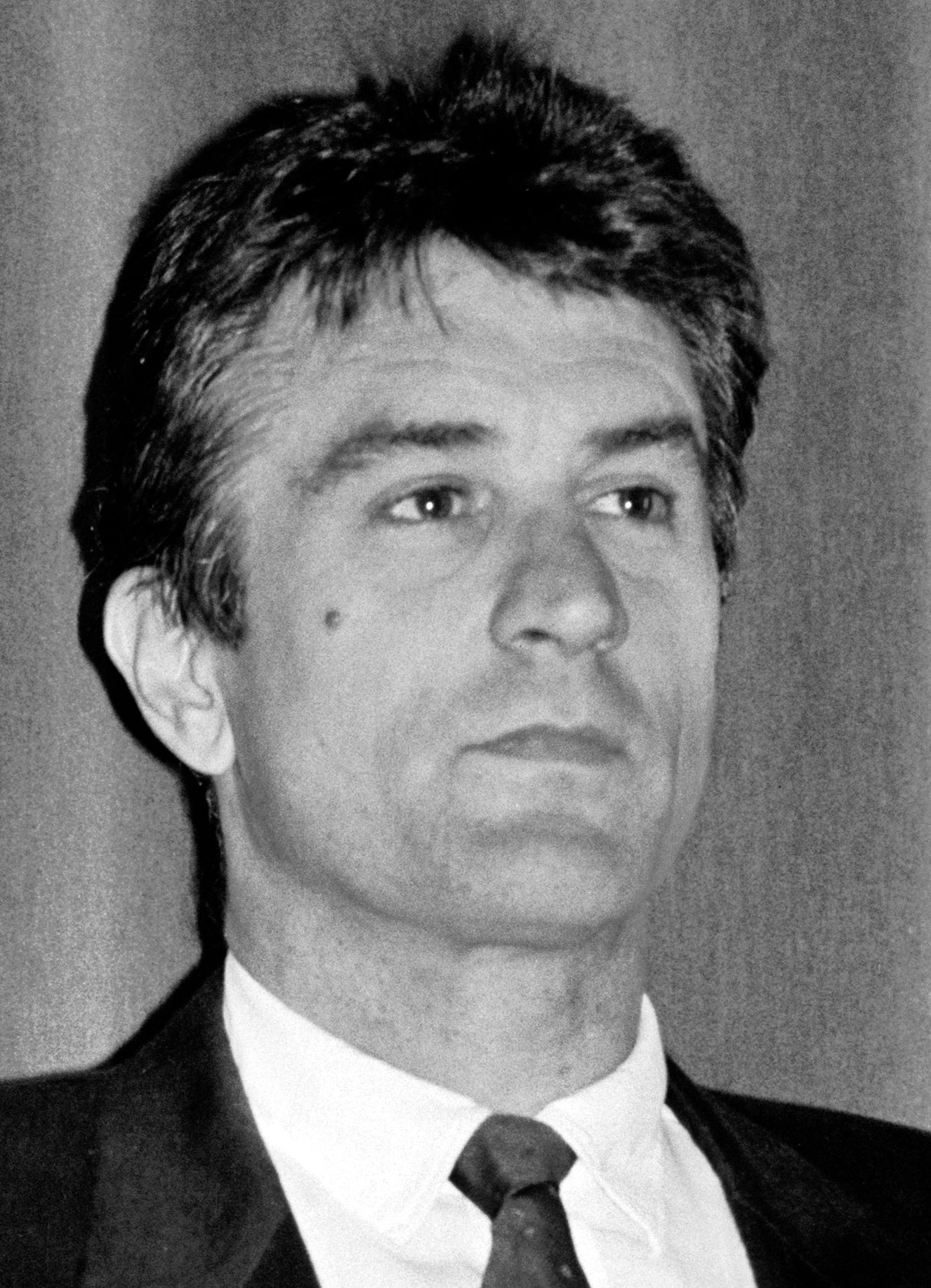
15. **Max Cady in *Cape Fear***
Robert De Niro once again delivers a tour-de-force performance as Max Cady in Martin Scorsese’s intense thriller, *Cape Fear*, portraying a ‘crazy psychopath’ who embodies pure, relentless vengeance. Cady is a ‘despicable’ former convict, a ‘psychopathic rapist driven by hatred towards Nick Nolte’s character,’ Sam Bowden, for perceived injustices that led to Cady’s imprisonment. His psychopathy manifests not just in his violent acts but in his chillingly methodical and almost theatrical torment of the Bowden family, demonstrating a profound lack of empathy and an unwavering focus on retribution.
De Niro’s physical and psychological transformation into Cady is utterly terrifying, making him ‘everyone’s nightmare.’ He is a force of nature, an embodiment of primal rage and twisted justice, relentless in his pursuit. Cady’s ability to manipulate the law, exploit vulnerabilities, and inflict psychological torture before resorting to brutal physical violence solidifies his place as one of cinema’s most memorable and terrifying psychopaths, proving that true horror often lies in the seemingly unstoppable malevolence of a single individual.
From the chillingly silent calculations of Anton Chigurh to the explosive rage of Jack Torrance and the disturbing intellect of Hannibal Lecter, these characters have etched themselves into our collective nightmares. They serve as more than just villains; they are profound studies in human darkness, forcing us to confront the unsettling realities of disordered minds. Their enduring power lies in their ability to make us question, to analyze, and to truly believe that such terrifying individuals could, indeed, exist. The world of film continues to offer these glimpses into the most dangerous corners of the psyche, and we, as viewers, remain morbidly captivated. From the depths of depravity to the heights of manipulative genius, these are the cinematic psychopaths who continue to define, challenge, and terrify within the genre of psychological thrillers. Their stories, however unsettling, demand our attention, reminding us of the intricate, often terrifying, complexities of the human mind. Truly, a chilling journey for any dedicated cinephile!

